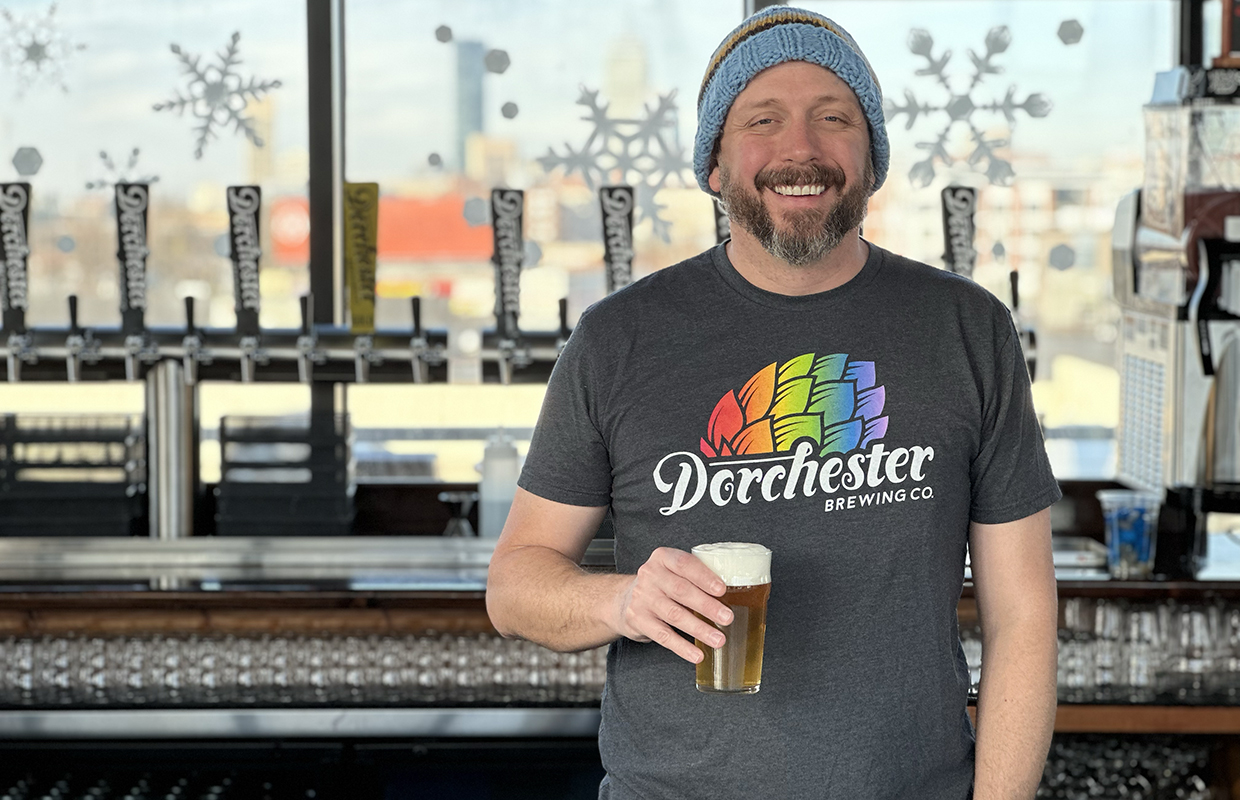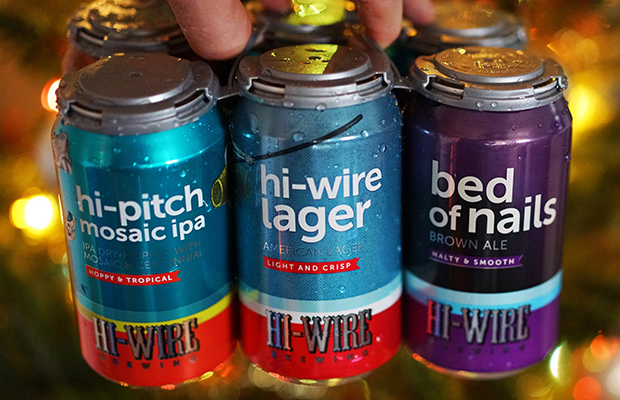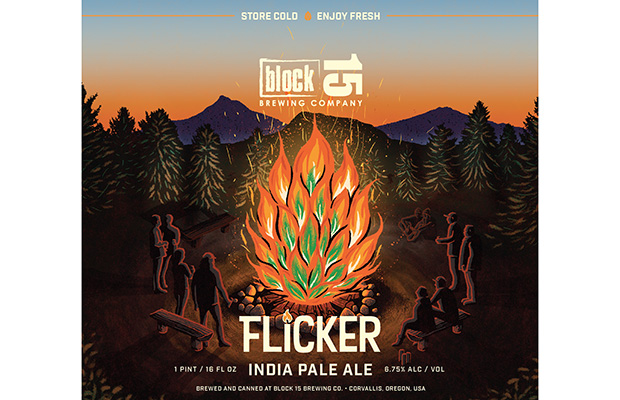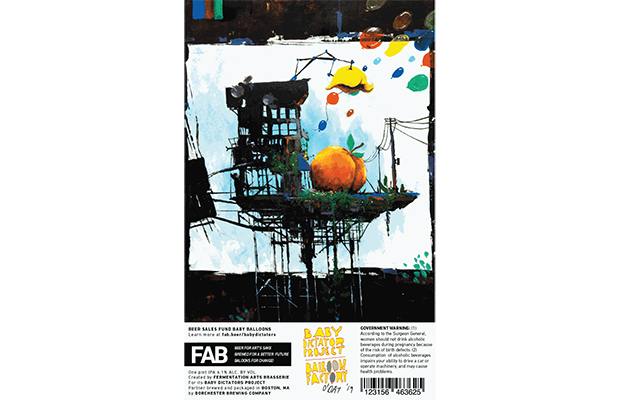
This is a part of a continuing series of Q&As with members of the brewing community from across the US. Brewer Magazine will share business and personal insights from Brewmasters, Head Brewers, Brewing Managers, Sales Directors, QCQA Managers and others each weekend to help you get to know each other better in the industry and learn more to better develop your own brand.
Will Durgin, Director of Operations, Dorchester Brewing Company — Boston
BREWER: How have recent challenges in your position helped make you better? What were those “pain points” and how did you solve or adjust to the issue?
DURGIN: Recently starting as Director of Operations at Dorchester Brewing Company, this is the first time I’ve worked at a brewery that did extensive production for other brands through contract brewing. Because of the high volume of brands, the recipes, ingredients, and considerations have seemed a bit overwhelming at times. I’ve had to focus on triaging and prioritizing tasks to tackle them in a systematic manner. It’s very helpful to set manageable, achievable goals and understand that even though I’m not going to solve every problem today, it will be good if I can solve a few important ones. I’m also fortunate to be surrounded by a great group of knowledgeable folks, many of whom have been at Dorchester a long time, who can help me navigate these challenges.
BREWER: What has been your brewery’s most recent accomplishment and how is it going to improve your business going forward?
DURGIN: We recently announced a merger between Aeronaut Brewing Company and Dorchester Brewing Company, along with a formation of a joint venture, which is a huge development and is certain to change the trajectory of both breweries permanently. We’re fortunate to have the opportunity to incorporate many of the Aeronaut staff into our team, and these talented individuals will bring their unique experience brewing the Aeronaut portfolio. The Aeronaut production will represent a significant increase in volume for the Dorchester facility, and I think everyone is happy to be looking at a very busy 2024 calendar.
BREWER: How did you start in the industry and why do you still want to be a part of it?
DURGIN: I was inspired to brew professionally on a field trip to Wachusett Brewing Company when I was a graduate student at Worcester Polytechnic Institute. I soon moved out to California to attend the UC Davis Master Brewers’ Program and from there landed my first gig at Telegraph Brewing in sunny Santa Barbara, CA. I still like to make beer because of the challenge it presents. A good brewer must be able to accommodate variations in ingredients, brewing conditions, and yeast performance to produce a consistent product every time, all while keeping spoilage threats at bay. As I get into the middle part of my career, it’s highly rewarding to see intelligent young brewers entering the industry and to be able to influence their development as brewers and leaders.
BREWER: What are you sippin’ on right now from your brewery that you really enjoy?
DURGIN: We recently made a collaboration IPA with Yakima Chief Hops called Terra Nova which was really tasty. It was my first experience with thiolized yeast, which became a thing while I was taking a break from the industry. It was very cool to see genetically modified yeast accentuate a desired characteristic in beer. I hope to see more extensive incorporation of genetically modified yeasts in the future both to streamline the brewing process and push the boundaries of what it means to ferment beer.
BREWER: Be it in styles, ingredients, business strategies or sales & marketing techniques, what are some recent industry trends that you’ve tried or are excited about trying this year?
DURGIN: I’m thrilled with the renewed focus on lagers and other sessionable beers in the industry. In a post-COVID, post-hype market, these beers will lead us into a sustainable future and allow craft beer to find its permanent place and identity in the American beverage market. Dorchester Brewing Company is well positioned to be a leader here, with our brand focus on approachability and community and our offerings such as Neponset Gold.
BREWER: What are some adaptations in the industry that you’ve observed over these past few years, and how has your brewery adjusted to stay competitive?
DURGIN: Further consolidation in craft beer seems inevitable. In a challenging market, with new competitor categories emerging and shrinking consumer spending, taking advantage of any efficiencies of scale available will be critical for breweries’ longevity. We were fortunate to find a great partner in Aeronaut, and our shared brand values and complimentary portfolios made joining forces an easy decision. We will continue to be on the lookout for potential new partners who can augment our efforts and bolster our portfolio of wholesale offerings and taproom venues.





Be the first to comment